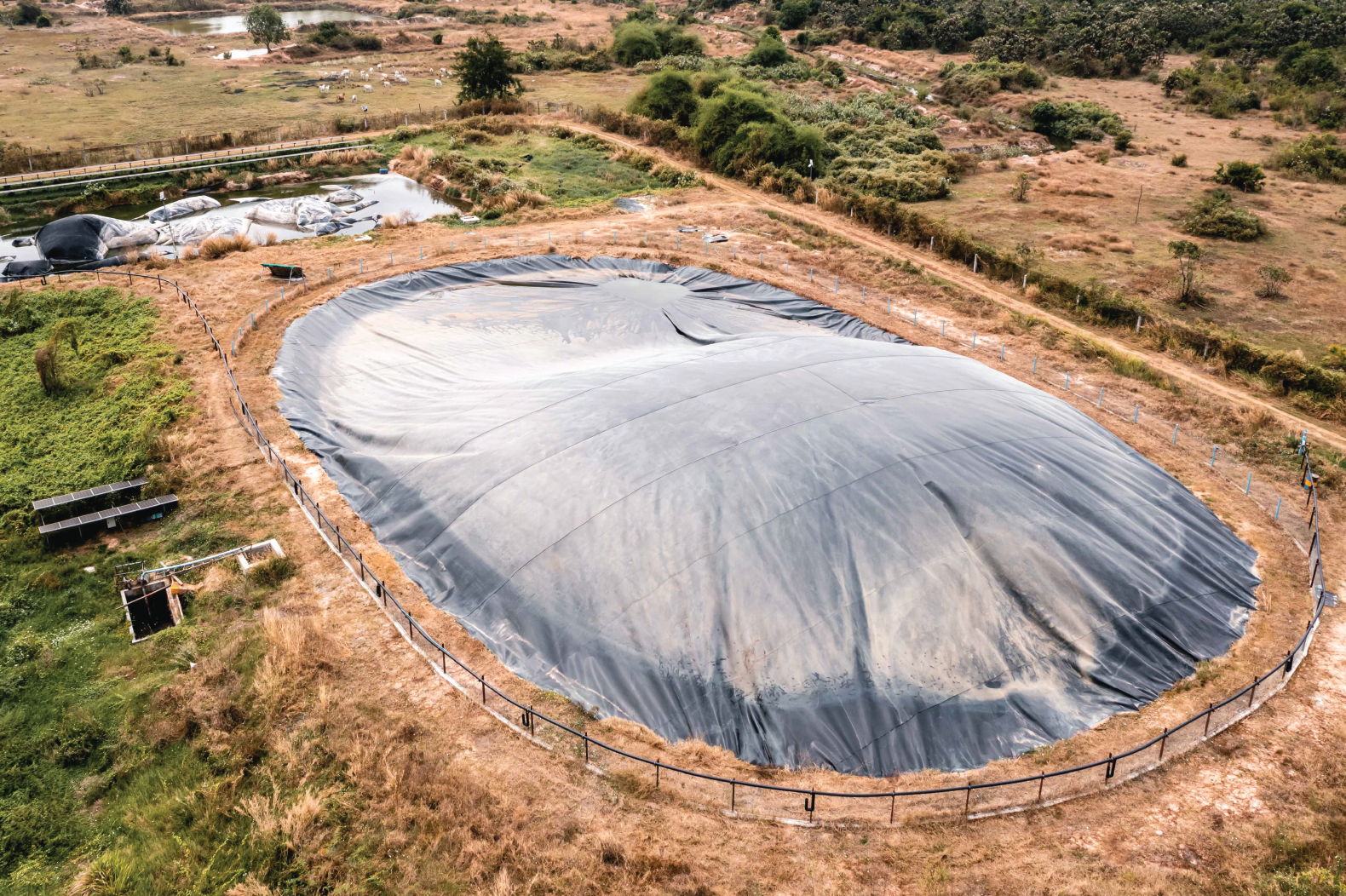Read and Download in PDF: Interview with Participating Financial Institution (ACLEDA Bank)
1. What is ACLEDA Bank’s perspective towards the credit guarantee schemes and why does your bank partner with CGCC?
Credit guarantee schemes of Credit Guarantee Corporation of Cambodia “CGCC” are good and essential schemes contributing to the development of the country’s national economy by providing credit guarantees to Small-sized and Medium-sized Enterprises (SMEs), and Large Enterprises which are financially viable but with insufficient or no collateral to enable them to get official loans from ACLEDA Bank as well as other PFIs. Through the credit guarantee from CGCC, the Bank could expand credit market, promote financial inclusion and manage credit risks effectively.
ACLEDA Bank has joined and become one of the participating financial institutions (PFIs) for the following main reasons:
- Participate with the Royal Government’s initiatives and schemes to support the country’s socio-economic development.
- Support and encourage SMEs and Large Firms to obtain formal loans from the licensed financial institutions for both working capital and business expansion.
- Contribute to creating employment opportunities for people through the growth of businesses obtaining the formal loans under CGCC’s credit guarantee.
2. How do the credit guarantee schemes benefit ACLEDA Bank and your customers?
The credit guarantee schemes offer many benefits to both ACLEDA Bank and the customers as follows:
- For ACLEDA Bank:
- Diversify the credit products in line with the Bank’s strategic plan.
- Manage credit risks effectively.
- Maintain the existing customers and attract new potential ones.
For the customers:
- Offer choices to the customers and be able to get formal loans for the expansion of their business activities.
- Improve their living conditions through the growth of businesses.
- Have a chance to create employment opportunities for their communities and promote innovation in their products and services.
3. So far, which type of loans does ACLEDA Bank use the credit guarantees to support SMEs?
So far, ACLEDA Bank uses the credit guarantees to provide business loans, revolving facility, and overdraft facility to our customers as SMEs and Large Enterprises in both priority and non-priority sectors to meet their business needs.
4. How should the borrowers prepare themselves to get guaranteed loans from ACLEDA Bank?
To obtain the guaranteed loans from ACLEDA Bank, the borrowers both individuals and legal entities shall meet the following criteria:
- Business activities operate in Cambodia and majority Cambodian-owned businesses (shareholding of more than 50%)
- Business registration issued by the appropriate government authorities
- Financially viable businesses and accurate financial statements
- Have owner equity and specific business plan
- Loan utilization in accordance with the purposes as mentioned in the credit proposal
- Willingness to comply with the loan obligations etc.
5. What is the ACLEDA Bank’s strategy/plan to further expand the disbursement of guaranteed loans in 2024?
ACLEDA Bank still continues to stimulate the disbursement of guaranteed loans in 2024 through promoting credit guarantees to both existing and new customers who need financing as well as providing the trainings and refresher courses on the knowledge of credit guarantees to all the credit-related staffs of all branches nationwide, providing technical support for credit guarantees, especially having a good collaboration with CGCC to support and enhance the growth of guaranteed loans in a sustainable manner.

